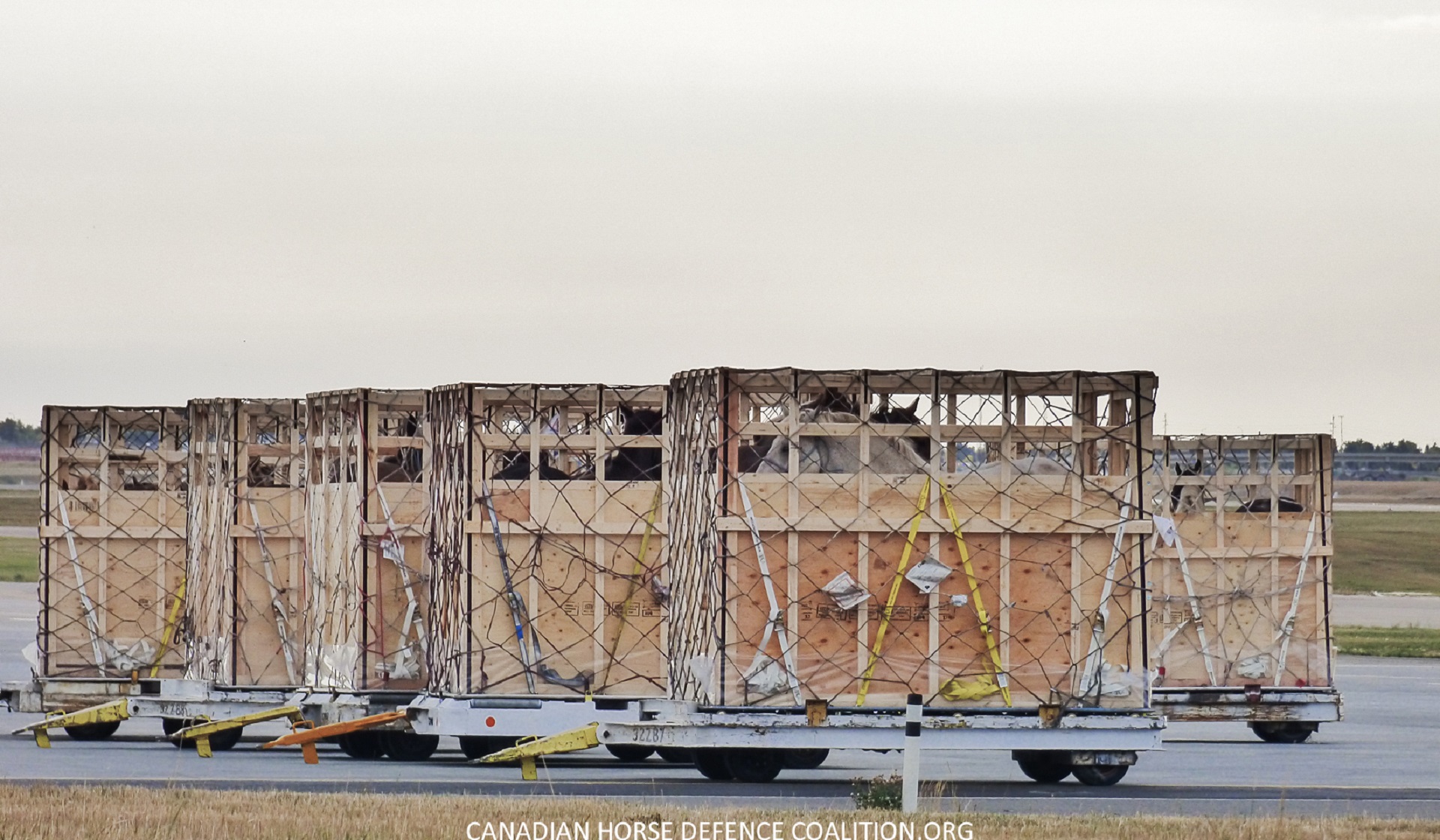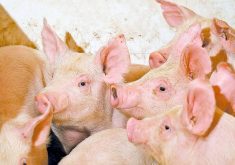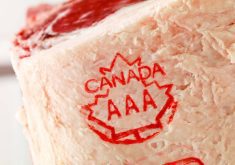STILL HOPEFUL Alberta Chicken Producers, Chicken Farmers of Canada representatives say they haven’t given up on getting an agreement
The Feb. 22 deadline has come and gone for Alberta Chicken Producers to withdraw its letter of intent to pull out of the national chicken supply management system without a new agreement being struck.
“We came as close as we could,” Chicken Farmers of Canada David Janzen said at the Alberta Chicken Producers’ annual general meeting Feb. 26.
“In the end, we couldn’t reach an agreement.”
Alberta wants additional allocation in order to reflect the province’s population increase, but despite years of negotiations — including more talks in early February — the issue couldn’t be resolved.
Read Also

Horns aren’t unlocking anytime soon on livestock transport standards
Standards good enough meet the definition of “humane” animal transportation still vary widely between what what industry wants, what animal rights advocates want and, between the two, what federal regulators decide is good enough.
Reps from provincial organizations “gave it their best shot,” said Janzen, adding it’s time to take a break before heading back to the negotiating table.
“I want to make it crystal clear that CFC is absolutely committed to achieving a solution acceptable to all 10 provinces,” he said. “This is not simply an Alberta issue… this is about all 10 provinces agreeing.”
Alberta has more than 11 per cent of the population but just 9.15 per cent of chicken production — the gap is equivalent to 16 million kilograms of chicken a year.
Janzen had earlier reminded the crowd about the current negative press supply management has been receiving.
“The problem with internal bickering is it strips us of our credibility,” he said.
David Hyink, vice-chair of Alberta Chicken Producers and the group’s alternate director to the national body, described the final meeting in Ottawa as “emotional” and said those in attendance did “all they could” to help bring an agreement about.
“We came close,” Hyink said.
In the end, Quebec almost supported a proposed compromise, but didn’t. Nova Scotia was the other province that didn’t vote for the proposed deal, though this meant the letter of intent to withdraw from the national supply management system at the end of 2013 couldn’t be revoked, Hyink said.
But he said the Alberta Chicken Producers will continue to search for a solution, and agreed with Janzen that a break is needed.
Alberta is now poised to exit the federal-provincial agreement at year’s end. But the next allocation is due to be set in September and Hyink said a solution needs to be found before then.
“I hope no one sees that as a time we can wait for,” he said. “We can rise to this challenge. We can find a solution.”
Even if Dec. 31 passes without a new agreement, there will still be controls in place for things like animal care through the province, he added.
“It’s not going to be a free-for-all,” Hyink said.
Talks are likely to resume in April or May, said Karen Kirkwood, executive director of the Alberta Chicken Producers. However, since the letter can no longer be revoked, Alberta will have to be signed back into the national allocation system by provincial agriculture ministers.














